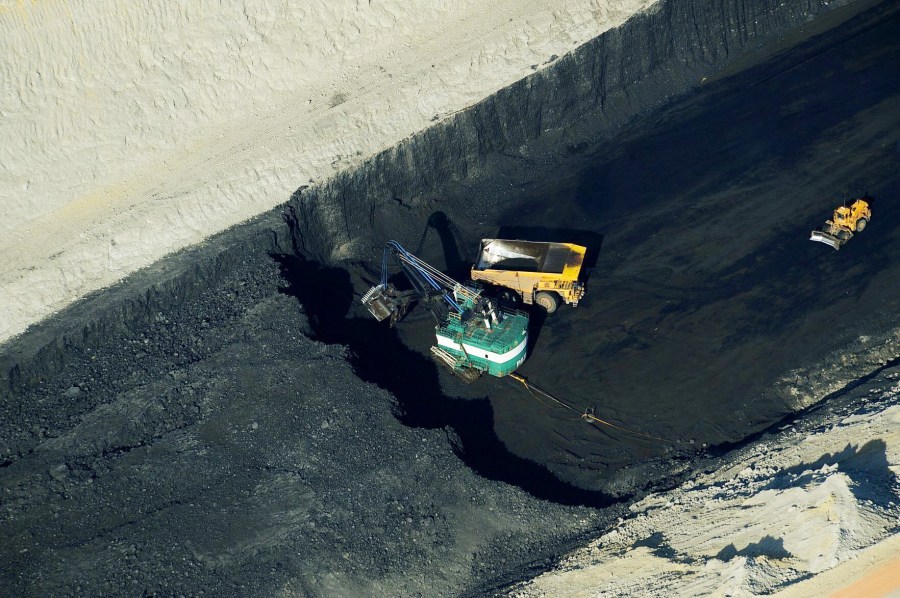Federal officials have rejected a mining company’s proposal to lease 1.3 million tons of coal from public lands located beneath the Manti-La Sal National Forest in Utah. This decision marks the third coal sale attempt from public lands in the western United States that has failed in just this month, indicating a significant setback for initiatives aimed at revitalizing the coal industry.
The rejection came from the Interior Department, which turned down the single bid it received for a 120-acre (approximately 49 hectares) lease near the Skyline Mine in central Utah. According to agency spokesperson Alyse Sharpe, the bid did not satisfy the requirements set by the Mineral Leasing Act, which mandates that companies pay fair market value for coal extracted from public lands. Sharpe did not disclose the amount of the bid submitted by Wolverine Fuels LLC, the mining company operating the Skyline Mine and other coal mines in the region.
In a related development, Interior Secretary Doug Burgum announced two weeks ago plans to open 13 million acres of federal lands for coal mining. Despite this, the demand for coal appears to be waning as power utilities increasingly turn to cheaper energy sources like natural gas and renewables, including wind and solar power. The burning of coal has also been identified as a major contributor to climate change, which exacerbates extreme weather conditions and rising sea levels.
On October 6, 2023, another coal sale in Montana was rejected after receiving a single bid of only $186,000, equating to about one-tenth of a penny per ton of coal. This sale, which would have been the largest coal sale by the government in over a decade, involved 167 million tons of coal situated near the Spring Creek mine operated by the Navajo Transition Energy Company. Shortly thereafter, the Interior Department also postponed a larger proposed sale of 440 million tons of coal in Wyoming.
Alyse Sharpe echoed sentiments from the Trump administration, attributing the failed coal sales to policies enacted by former Presidents Joe Biden and Barack Obama, which sought to limit coal production from public lands and, according to her, undermined investor confidence in the coal sector. During the Trump administration, three coal lease sales were successful, including a notable sale in Alabama comprising 54 million tons of coal for steelmaking, which netted $46 million or approximately 87 cents per ton.
Despite claims from officials that coal remains integral to ensuring reliable and affordable energy, analysts and economists suggest that market forces are the principal factors driving the decline of coal. Many power plants that depend on large coal mines located on public lands are nearing retirement, further complicating the industry’s future.
Environmental advocates have long opposed the expansion of the Skyline Mine. Emma Yip, representing the Center for Biological Diversity, characterized the rejection of the coal lease as “yet another face-plant for the Trump administration” in its efforts to support a dwindling industry. Yip criticized coal as one of the dirtiest energy sources, highlighting its detrimental health impacts and questioning the rationale for continuing to support its production when demand is dwindling.
As the landscape of energy production evolves, the future of coal mining in the United States faces significant challenges, emphasizing a broader shift toward cleaner energy alternatives.
